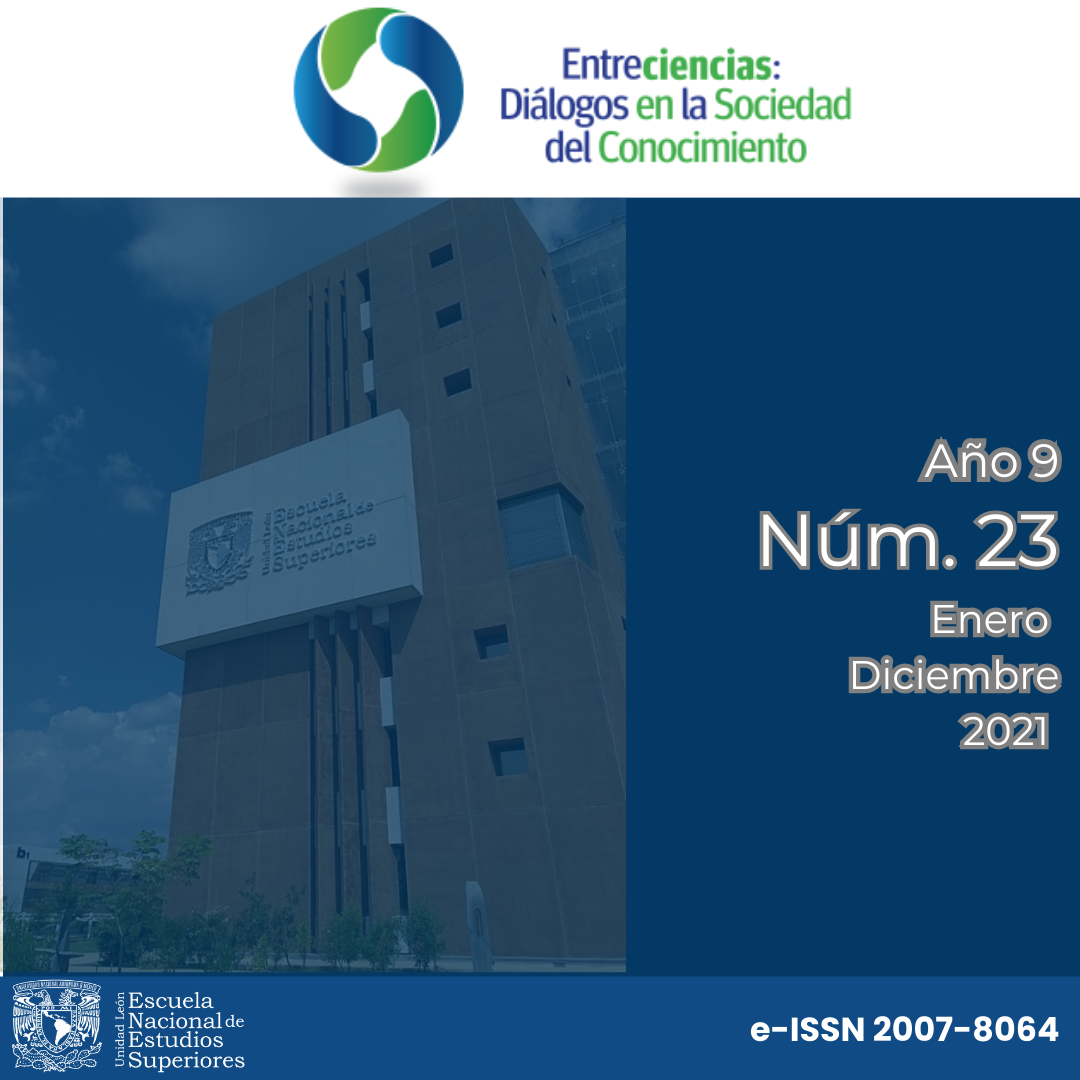Qualitative indicators of well-being in Mexican coastal communities. An inclusive local perspective
Main Article Content
Abstract
Purpose: To identify and analyze indicators of individual, familial, and community well-being of the inhabitants of two Yucatecan ports to promote their inclusion in coastal management plans, and in international discourse on the definition of well-being indicators.
Methodological design: An exploratory qualitative study was designed, conducting semi-structured interviews and participant observation with different types of inhabitants of two ports on the Yucatecan coast that share similar ecological, economic, and cultural characteristics. The information was obtained in two periods of time.
Results: Results show that the most important aspect in the lives of the participants is their family. The indicators of individual, familial, and community well-being coincide with each other, with the main ones being: 1. A stable job, 2. Health and medical attention in the port, 3. Having a house, 4. Security in windstorm and hurricane season, 5. Having a clean port, 6. Peace and tranquility, 7. Family and community union.
Research limitations: The results apply to the context and characteristics of the areas of study; the authors do not intend to generalize; however, they provide contextual and methodological details for the reader to decide whether the results are transferable or not to their own contexts.
Findings: Local well-being indicators are defined by the environmental, socioeconomic, and cultural conditions of the study populations. Considering local indicators, allows the identification of specific needs, adaptation, and giving contextual meaning to state, national, and international indicators for coastal management and attention to well-being; It lays the foundation for the design of future quantitative studies that incorporate the local indicators found in this study.
Downloads
Article Details

Entreciencias: Diálogos en la Sociedad del Conocimiento recognizes and respects the moral rights of authors as well as ownership rights transferred in non-exclusivity to the journal for its open access dissemination and its preservation. Hence, authors who publish in this journal accept the following conditions:
- Entreciencias: Diálogos en la Sociedad del Conocimiento from Universidad Nacional Autónoma de México is distributed under a Licencia Creative Commons Atribución-NoComercial-SinDerivar 4.0 Internacional, which allows the information and metadata to be used without commercial ends as long as proper citation is utilized.
Authors will have the right to non-exclusively distribute the contribution made to Entreciencias: Diálogos en la Sociedad del Conocimiento. That is, they will be able to include it in an institutional repository or disseminate it in other digital or printed media as long as it is explicitly stated that it was first published in Entreciencias: Diálogos en la Sociedad del Conocimiento. The following information must additionally be included: author, year, volume, page numbers, electronic paging, and DOI.
Authors, whose publications have been accepted, will have to send the Letter of Copyright Transfer in the corresponding format, filled out and signed by the author or authors.
